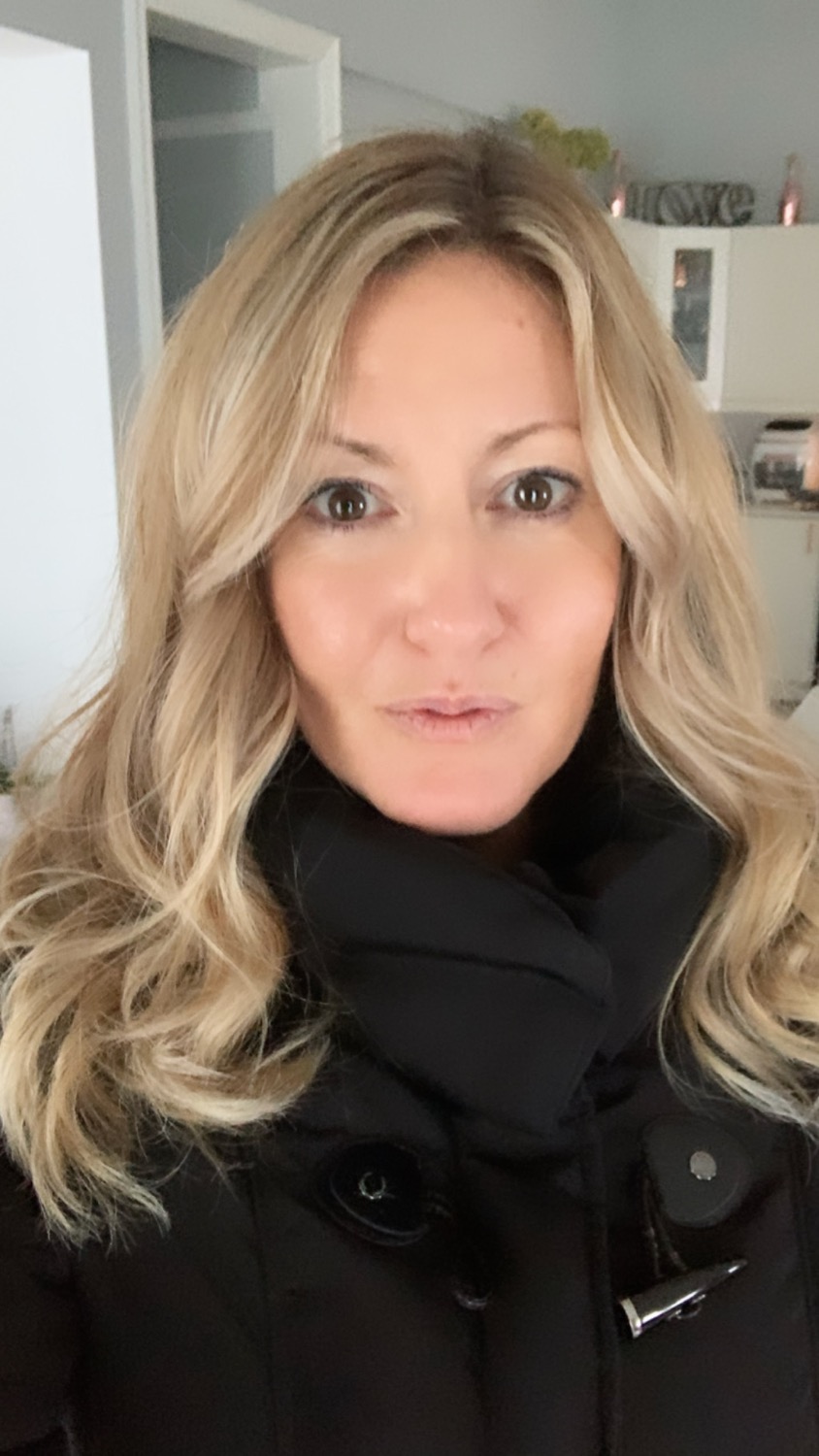Locate Qualified Therapists in Your Area
- Amanda Fidler

- Aug 21, 2025
- 4 min read
When life feels overwhelming, or when you simply want to understand yourself better, reaching out for support can be a brave and healing step. But how do you find the right help nearby? Finding local counselling services that truly resonate with you can make all the difference. It’s not just about convenience; it’s about connecting with someone who understands your unique story and needs.
Whether you’re seeking support for yourself, your family, or your relationship, knowing where to start can feel daunting. Let’s explore together how to locate qualified therapists in your area, what to expect, and how to make this journey as gentle and empowering as possible.
Why Local Counselling Services Matter
Choosing a therapist close to home offers more than just ease of access. It creates a sense of community and comfort that can enhance your healing process. When you know your therapist is part of your local environment, it often feels more personal and grounded.
Local counselling services often understand the cultural and social nuances of your area. This can be especially important if you’re navigating challenges related to community, family dynamics, or local resources. Plus, attending sessions nearby reduces the stress of long commutes, making it easier to keep appointments regularly.
Imagine walking into a cozy office just minutes from your home, where the atmosphere feels welcoming and safe. This proximity can help you feel more relaxed and open during your sessions.

How to Find Qualified Therapists Near You
Finding a qualified therapist doesn’t have to be overwhelming. Here are some practical steps to guide you:
Start with a Search
Use trusted online directories or websites dedicated to mental health professionals. For example, if you’re looking for a therapist near me, you can explore platforms that list licensed therapists with detailed profiles.
Check Credentials and Specializations
Look for therapists who are licensed and have experience in the areas you want support with, whether it’s anxiety, depression, couples therapy, or family counselling.
Read Reviews and Testimonials
Hearing from others who have worked with a therapist can provide insight into their approach and effectiveness.
Consider Your Preferences
Think about what matters most to you - gender, language, therapy style (like cognitive-behavioral therapy, psychodynamic, or art therapy), and session format (in-person or virtual).
Reach Out for a Consultation
Many therapists offer a brief initial call or meeting. This is a chance to ask questions, get a feel for their style, and see if you feel comfortable.
Remember, it’s okay to try a few therapists before finding the right fit. Your comfort and trust are key to a successful therapeutic relationship.

How Much Does a Therapist Cost in Ontario?
Understanding the cost of therapy is an important part of planning your care. In Montreal, therapy fees can vary widely depending on the therapist’s experience, specialization, and the type of therapy offered.
Typical session fees range from $150 to $220 per hour.
Some therapists offer sliding scale fees based on income, making therapy more accessible.
Check if your health insurance or employee benefits cover mental health services.
Community clinics and non-profits may provide lower-cost or free counselling options.
Investing in your mental health is valuable, and many find that the benefits far outweigh the costs.
If cost is a concern, don’t hesitate to explore local resources or ask your therapist for recommendations on affordable options.

What to Expect in Your First Therapy Session
Walking into your first therapy session can stir up many feelings - excitement, nervousness, hope, or even uncertainty. Here’s what you can generally expect:
Introduction and Confidentiality
Your therapist will explain confidentiality rules and answer any questions you have about privacy.
Sharing Your Story
You’ll be invited to talk about what brought you to therapy and what you hope to achieve.
Setting Goals Together
Therapy is a collaborative process. You and your therapist will discuss goals and how to work towards them.
Exploring Therapy Style
Your therapist may explain their approach and how sessions typically flow.
Remember, there’s no right or wrong way to feel. It’s perfectly okay to take your time and share only what feels comfortable. The first session is about building trust and understanding.
Tips for Making the Most of Your Therapy Experience
Therapy is a journey, and your active participation can enhance its benefits. Here are some gentle suggestions to help you along the way:
Be Open and Honest
Sharing your true feelings, even when it’s hard, helps your therapist support you better.
Keep a Journal
Writing down thoughts or feelings between sessions can deepen your self-awareness.
Practice Patience
Change takes time. Celebrate small steps and be kind to yourself.
Ask Questions
If something isn’t clear or you want to try a different approach, speak up.
Use Homework or Exercises
Many therapists suggest activities to practice outside sessions. Engaging with these can boost progress.
Finding a therapist near you who feels like a good match can be a transformative experience. If you’re ready to take that step, consider exploring trusted resources and directories to connect with someone who can walk alongside you.
Finding the right local counselling services is a gift you give yourself and your loved ones. It’s about creating space for healing, growth, and connection. If you’re wondering where to start, remember that help is closer than you think. Take a deep breath, and know that support is waiting for you just around the corner.





Comments